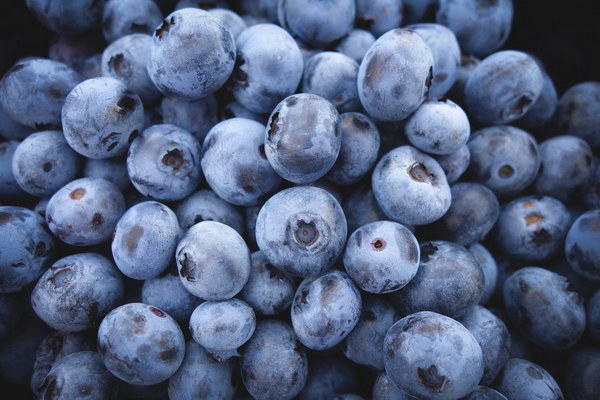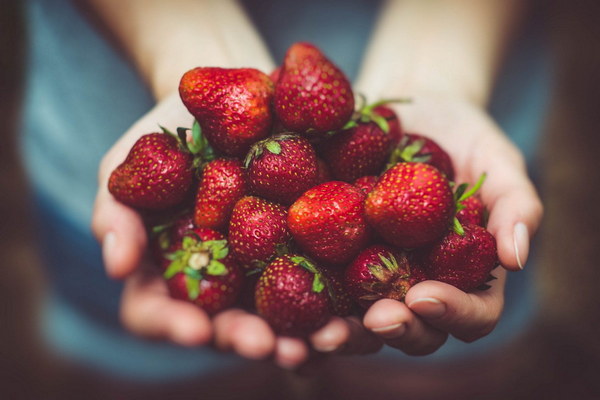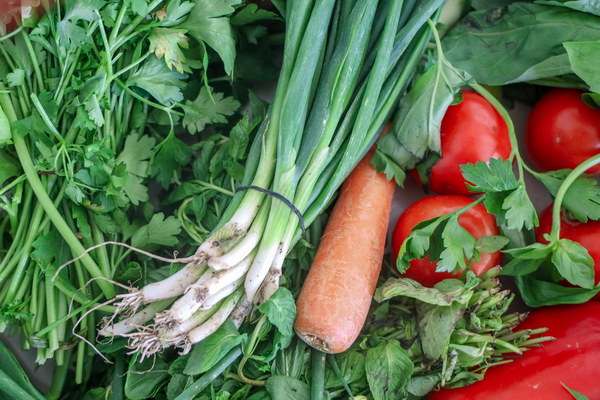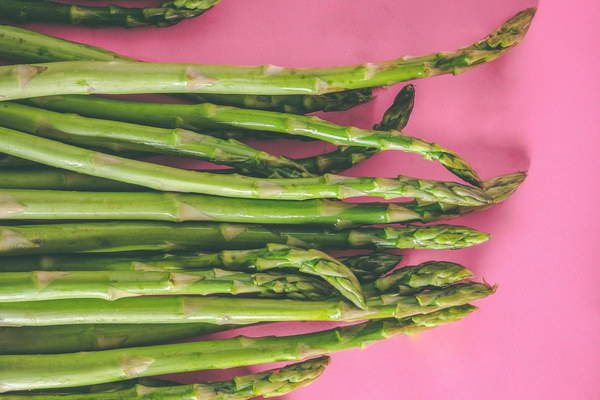Nourishing the Kidneys The Renowned Benefits of Goji Berries and Mulberry
In the realm of traditional Chinese medicine, the adage Prevention is better than cure holds significant weight. One such practice that has stood the test of time is the use of natural remedies to maintain health and vitality. Among these remedies, the combination of goji berries and mulberry has gained a reputation for its kidney-nourishing properties. This article delves into the fascinating world of goji berries and mulberry, exploring how they can help support kidney health.
The Power of Goji Berries and Mulberry
Goji Berries: The Superfruit
Goji berries, also known as wolfberries, are small, red, and oval-shaped berries that have been a staple in Chinese cuisine and medicine for centuries. They are packed with nutrients, antioxidants, and beneficial compounds that contribute to overall health.
Mulberry: The Traditional Remedy
Mulberry, on the other hand, is not just a fruit but also a herb with medicinal properties. The leaves and fruits of the mulberry tree are used in traditional Chinese medicine to treat a variety of ailments, including kidney issues.
Why Do Goji Berries and Mulberry Nourish the Kidneys?
1. Antioxidants
Both goji berries and mulberry are rich in antioxidants, which help protect the kidneys from oxidative stress and damage. Oxidative stress can lead to kidney disease, so consuming these berries can be a vital step in maintaining kidney health.
2. Anti-inflammatory Properties
The anti-inflammatory properties of goji berries and mulberry can help reduce inflammation in the kidneys, which is a common cause of kidney dysfunction.
3. Nutritional Benefits
Goji berries and mulberry are packed with essential nutrients such as vitamins, minerals, and amino acids. These nutrients play a crucial role in kidney health, helping to maintain the proper functioning of the kidneys.
How to Incorporate Goji Berries and Mulberry into Your Diet
1. Goji Berries
- As a Snack: Eat goji berries as a healthy snack, either alone or mixed with nuts and seeds.
- In Smoothies: Add goji berries to your smoothies for a nutritional boost.

- In Desserts: Use goji berries in recipes for desserts, such as goji berry oatmeal or goji berry ice cream.
2. Mulberry
- As a Tea: Brew mulberry tea by steeping mulberry leaves in hot water.
- In Salads: Add mulberry leaves to salads for a unique flavor and texture.
- In Stir-fries: Incorporate mulberry leaves into stir-fries for a nutritious addition.
Conclusion
The combination of goji berries and mulberry offers a natural and effective way to support kidney health. With their rich nutritional profiles and numerous health benefits, these two superfoods are an excellent addition to any diet. However, it is essential to remember that while natural remedies can support overall health, they should not replace medical treatment for kidney conditions. Always consult with a healthcare professional before making significant changes to your diet or starting any new supplement regimen.
Incorporating goji berries and mulberry into your daily routine can be a delicious and rewarding way to prioritize your kidney health. Embrace the wisdom of traditional Chinese medicine and enjoy the nourishing benefits of these ancient superfoods.









